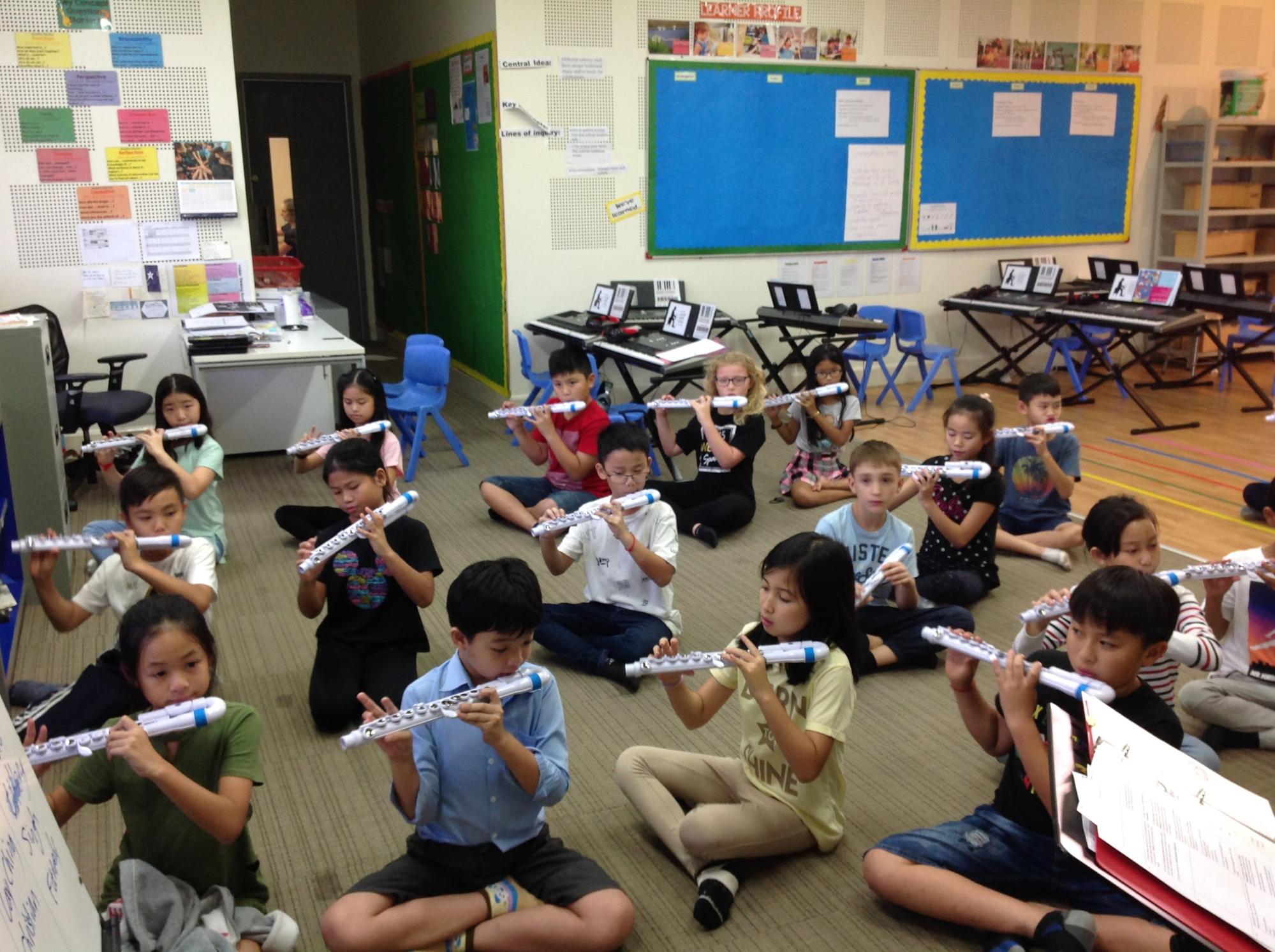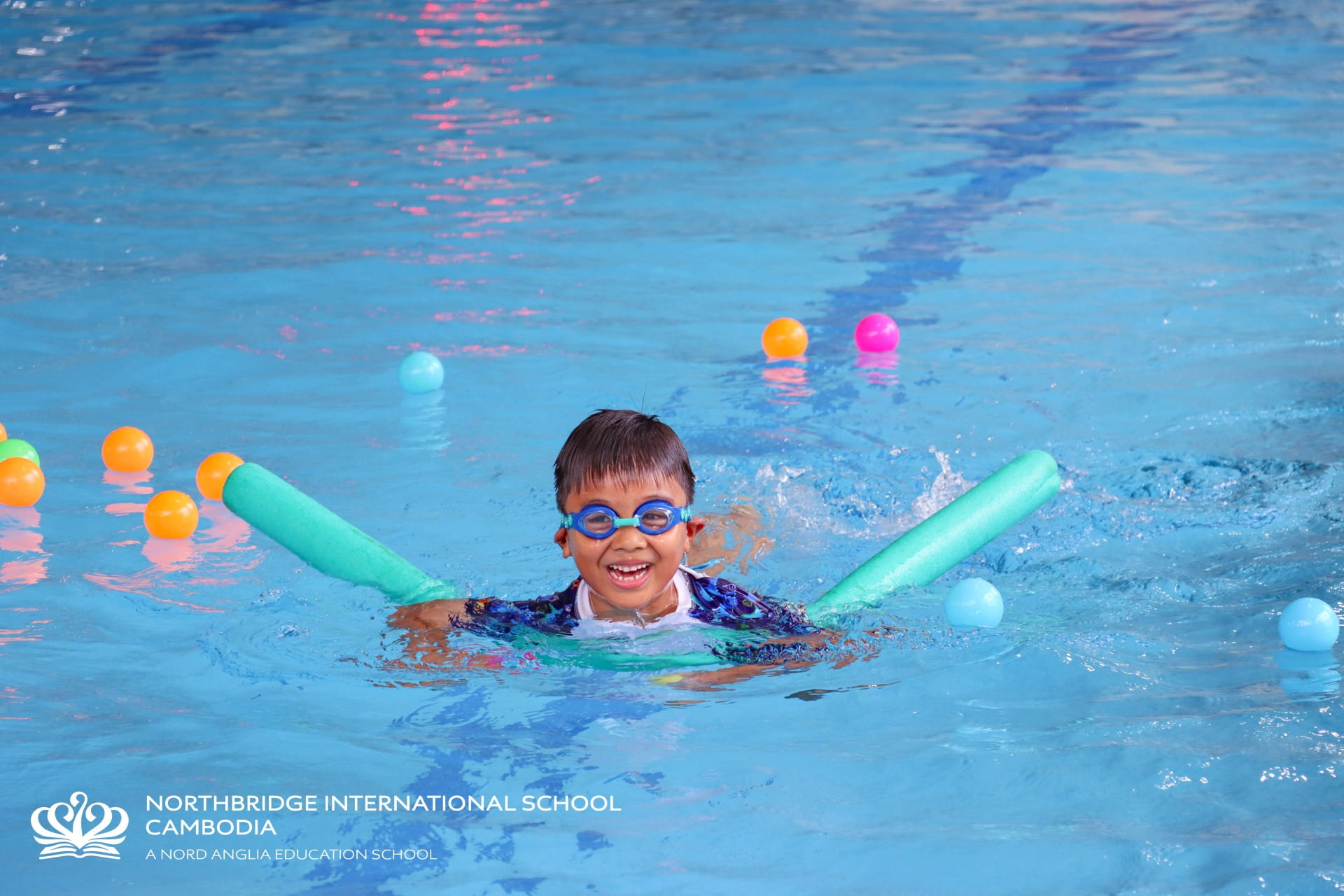Viewing guidelines for Primary students I can imagine that you’ve all heard the quote “You are what you eat!” but have you ever thought that “You are what you watch!”?
I can imagine that you’ve all heard the quote “You are what you eat!” but have you ever thought that “You are what you watch!”?
Evidence shows that too much viewing time as well as what is viewed can impact upon our mental, physical and emotional wellbeing.
Here at Northbridge International School Cambodia, we promote all things healthy for our students and although watching, television, movies, youtube clips etc can all be fine and actually at times beneficial, they need to be moderated. Moderated in both time and content.
Having had the joy of working with your children this last year I have sometimes found myself spending time with students who are fearful and frightened and this has frequently related to what they had been viewing.
We all know and have experienced that there are images that remain in our minds for years and potentially a lifetime, way after the actual event.
We need to be mindful and proactive about what we allow into our children’s minds. So, content truly matters whether it’s a horror movie, something sexually explicit, aggressive or violent.
It has long been documented that children who watch violent behaviour on the screen are more likely to become aggressive themselves; they come to perceive aggression as part of the acceptable norm, whether this is becoming aggressive themselves or observing others being aggressive.
Research has shown that there is a link between obesity and viewing times. A healthy lifestyle for children needs to include being physically active and we need to move away from a sedentary lifestyle.
Excess viewing can impact upon both the health of hearts and minds. If young children are having too much screen time then their language and social skills can both be negatively impacted upon.
Too much TV can limit the imagination and creativity of our children, as well as potentially cause them to have problems with being able to focus and can limit productivity.
We acknowledge and appreciate that all screen time isn’t bad and that it can be a powerful tool to be used to develop our children’s knowledge and understanding of the world around us but let us also be mindful of the time our children spend in front of the screen and the content of what is being viewed.
Recommendations from The American Academy of Pediatrics:
For children younger than 18 months, avoid use of screen media other than video-chatting. Parents of children 18 to 24 months of age who want to introduce digital media should choose high-quality programming, and watch it with their children to help them understand what they're seeing.
For children ages 2 to 5 years, limit screen use to 1 hour per day of high-quality programs. Parents should co-view media with children to help them understand what they are seeing and apply it to the world around them.
For children ages 6 and older, place consistent limits on the time spent using media, and the types of media, and make sure media does not take the place of adequate sleep, physical activity and other behaviors essential to health.
Designate media-free times together, such as dinner or driving, as well as media-free locations at home, such as bedrooms.
Have ongoing communication about online citizenship and safety, including treating others with respect online and offline







